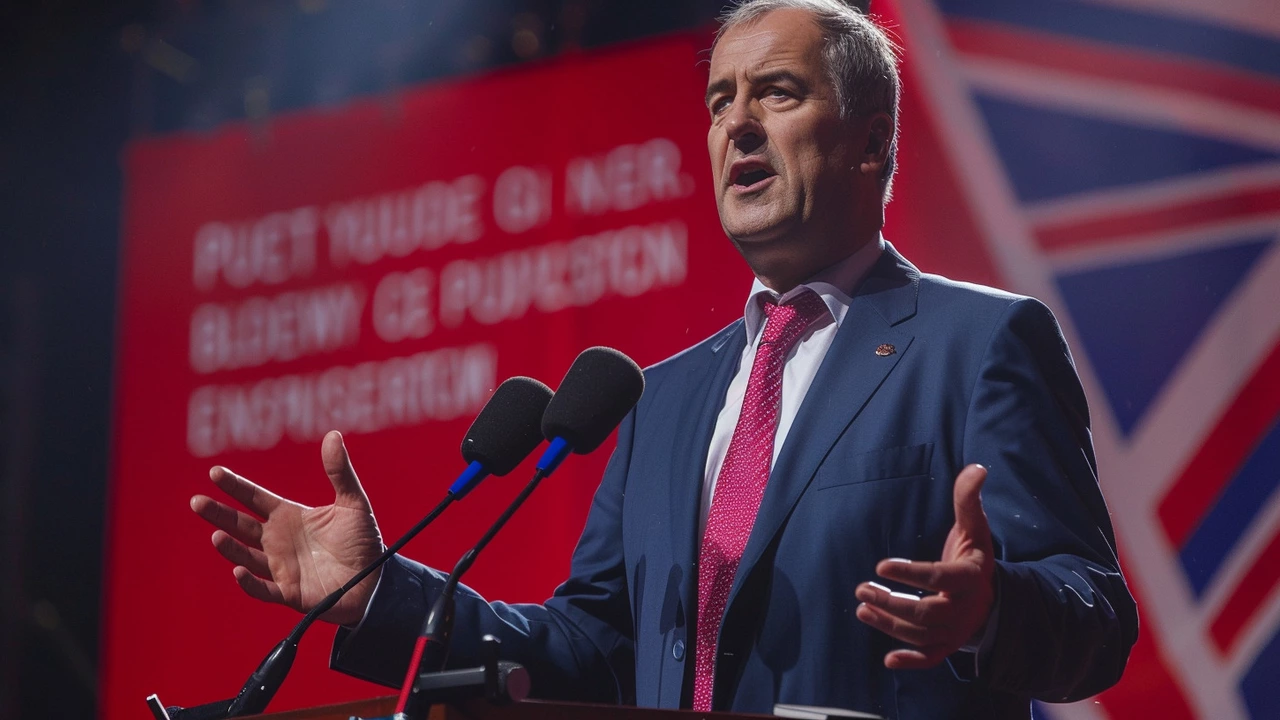Apology: Why It Matters and How to Do It Right
Everyone messes up at some point. A good apology can turn a bad moment into a chance to grow. It shows you care, respects the other person, and can repair a broken trust fast. The trick is keeping it real and avoiding the usual "Sorry, but…" traps.
What Makes an Apology Effective
An effective apology does three things: admit the mistake, own the impact, and promise to do better. You don’t need a long speech; a clear statement works best. Saying "I was wrong" is stronger than "I’m sorry if you felt…" because it puts the focus on your action, not the other person’s feelings.
People also look for sincerity. If you sound rehearsed, they’ll sense it. A short pause, eye contact, and a calm voice go a long way. Finally, follow‑up matters. Changing the behavior that caused the problem shows the apology isn’t just words.
Steps to Give a Sincere Apology
1. Start with a direct statement. "I’m sorry for missing our meeting yesterday." Avoid vague language.
2. Explain what went wrong. Briefly mention the cause if it helps the other person understand, but don’t use it as an excuse.
3. Show you understand the impact. "I know it left you scrambling for a replacement and wasted your time." This lets them see you get why they’re upset.
4. Take responsibility. Use "I" statements. "I didn’t plan my schedule well enough," not "The schedule was confusing."
5. Offer a fix. "I can reschedule for tomorrow at your convenience, and I’ll send a reminder an hour before." Concrete actions show you care.
6. Ask for forgiveness. A simple "Can you forgive me?" gives the other person a chance to respond.
7. Follow through. Do what you said. If you promised a reminder, send it. Consistency builds trust back faster than any words.
These steps work for personal mishaps, work‑place slip‑ups, and even social media blunders. The same structure applies whether you’re apologizing to a friend, a colleague, or a large audience.
Quick tip: If you’re in a heated moment, take a breath before you speak. A calm approach prevents new mistakes and shows you’re in control.
Remember, an apology isn’t a magic fix; it’s the start of rebuilding a relationship. Keep your promise, stay honest, and you’ll see the tension fade faster than you think.
So the next time you need to say sorry, skip the excuses, own the error, and show you’re ready to do better. That’s the fastest road back to trust.
